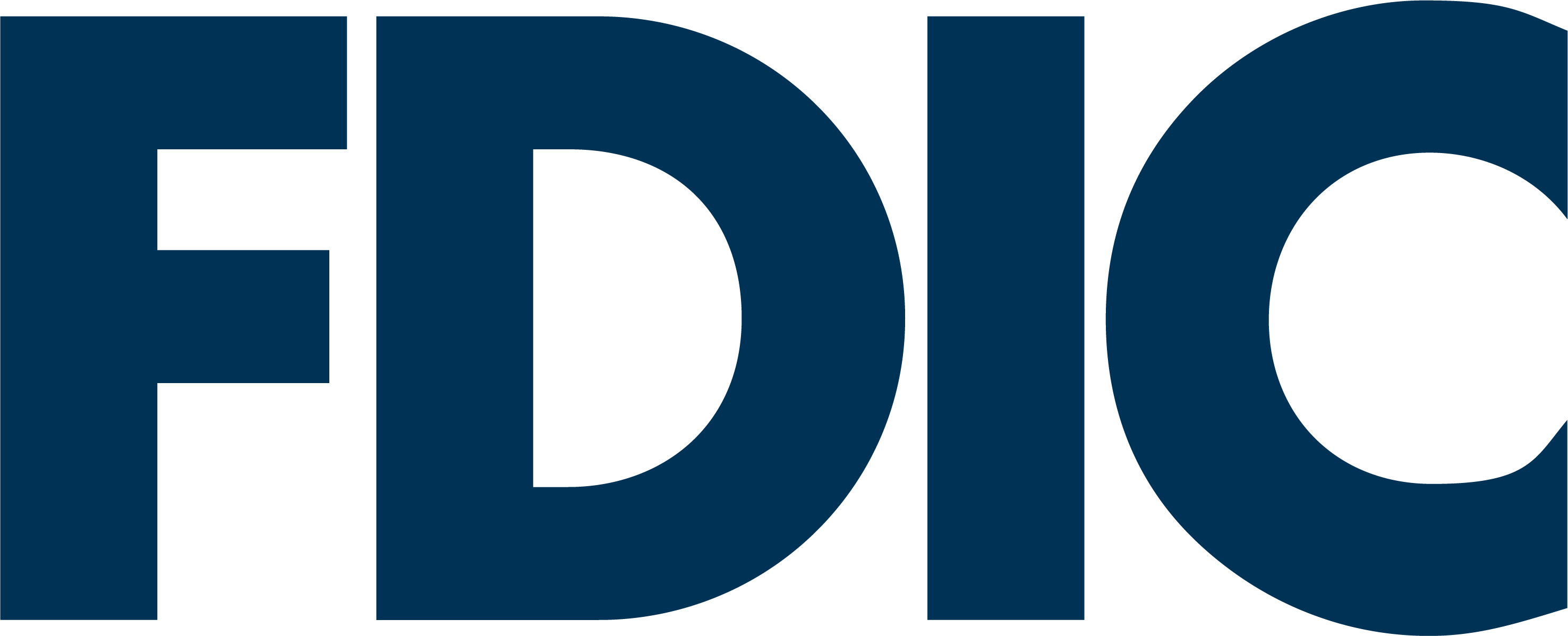Simplify Your Debts Into One Monthly Payment
To simplify the process and save yourself the stress, you can consolidate your debt and combine all your payments into one. You can consolidate all types of debt by taking out a new loan, using that money to pay off your existing debts, and then making just one monthly payment on that new bill.
Debt consolidation could also help you save money in the long run. If your new loan has a lower interest rate than what you’re currently paying, you’ll end up paying less in interest over the life of your loan. This is especially true if you carry a lot of credit card debt, which tends to come with interest rates well into the double digits.
If you’re thinking about consolidating your debt, you have a few options.1
Home Equity
There are several ways to use the equity you’ve built in your home to consolidate your debt.2
Cash-out refinance: Replace your current mortgage with a new mortgage for more than you owe. At closing, you receive the difference in cash in one lump sum.
Current Appraised Value of Home: $260,000
Original Mortgage Owed: $180,000
New Mortgage: $200,000
Cash Out: $20,000 (minus expenses)
A new mortgage will come with closing costs and likely a new rate that will change your monthly mortgage payment. Use our refinance calculator to get a better idea of what to expect.
Home equity line of credit (HELOC): A HELOC allows you to borrow against your equity as needed over time. It’s a revolving line of credit like a credit card, but it usually has significantly lower rates. Use our HELOC calculator to see how much equity you may be able to tap into.
Home equity loan (HELoan): With a home equity loan, you receive the funds upfront and all at once. You’ll have monthly payments with a fixed interest rate you can lock in so it stays the same even if rates go up in the market.
Personal Loans and Lines of Credit
If you’re not interested in using your home equity, or you’re not a homeowner, you could use a personal loan or line of credit instead to consolidate your debt.1Personal loan: Take out a lump sum of money with a fixed rate and make monthly payments over a set period of time.
Personal line of credit: A personal line of credit gives you access to a set amount of money—your credit limit—that you can borrow and repay as needed. You’re only charged interest on the amount of money you use.
The best choice for you depends on your unique financial situation. Our team of banking experts is here to help with a complimentary loan review. Together, we’ll review your options and find the best fit for you. To start the conversation, send us a message.
1Not all borrowers will qualify. This is not a commitment to lend. Restrictions apply. Benefits listed may not apply to every borrower.
2Informational only; consult tax, legal, and/or accounting advisors before engaging in any transaction.














